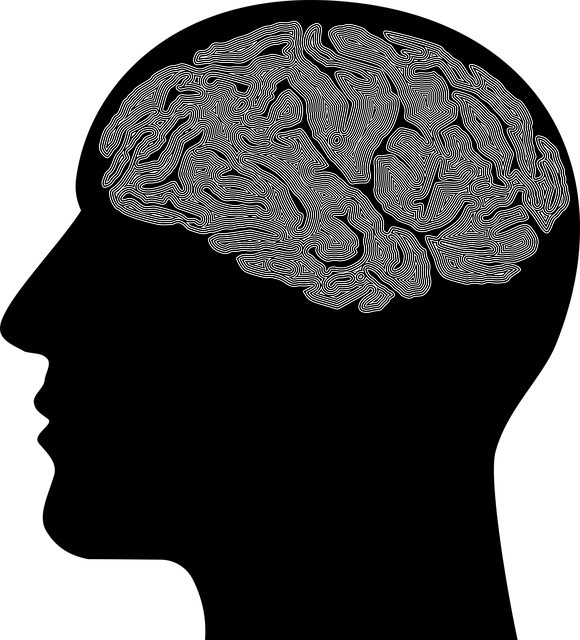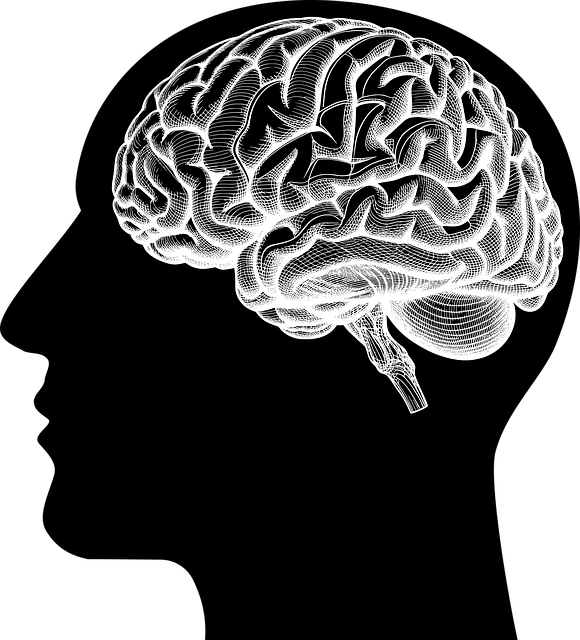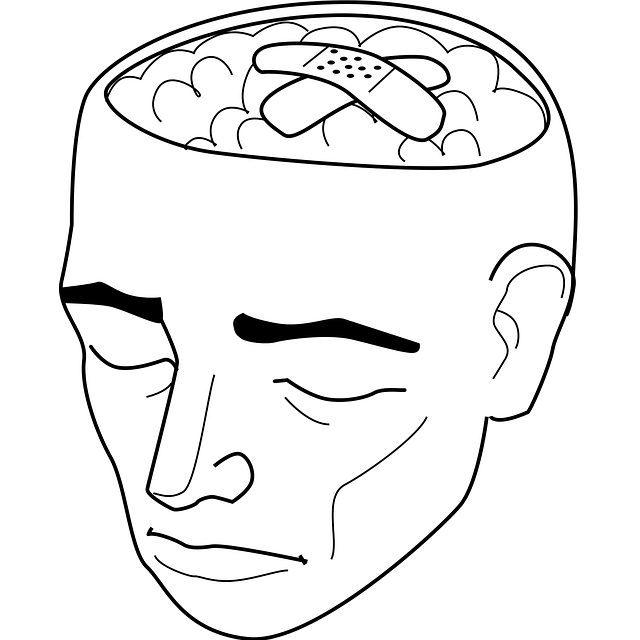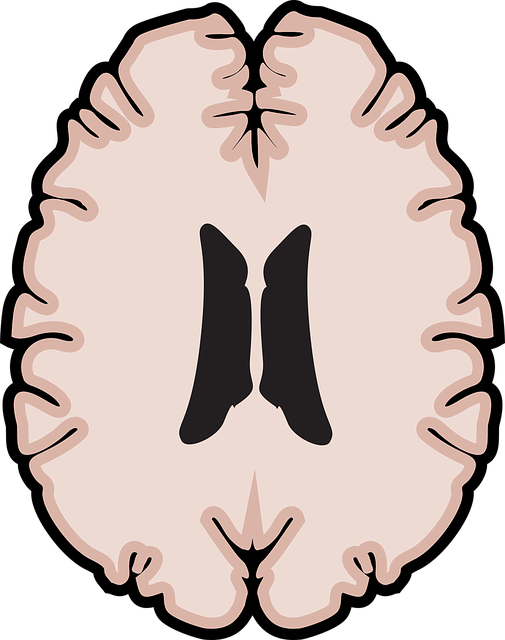Risk assessment in Colorado Springs men's issues therapy is a multi-faceted process that prioritizes client safety and mental wellness. It involves identifying potential hazards, such as cultural sensitivities, traumatic experiences, and physical space dynamics, and developing tailored interventions based on Mind Over Matter principles. Therapists utilize tools like Mental Wellness Journaling Exercises Guidance to empower clients with lasting coping mechanisms for improved overall well-being. Effective harm minimization strategies integrate trauma support, cultural sensitivity, collaborative action plans, and community resources to create safe, inclusive spaces fostering healing and open communication. Robust safety protocols ensure secure therapeutic environments, enhancing the therapeutic process and public awareness campaigns for accessible, effective therapy in Colorado Springs.
In the crucial field of men’s issues therapy in Colorado Springs, risk assessment and harm minimization are essential cornerstones for creating safe and supportive environments. This comprehensive guide explores these vital aspects, offering insights into understanding risk assessment as a foundational practice. We delve into identifying potential hazards specific to Colorado Springs men’s therapy settings, developing robust harm minimization strategies, and implementing effective action plans. Ultimately, this article emphasizes the importance of safety protocols for enhancing client well-being.
- Understanding Risk Assessment: A Cornerstone of Safe Therapy Environments
- Identifying Potential Hazards in Men's Issues Therapy Settings (Colorado Springs)
- Developing Effective Harm Minimization Strategies and Action Plans
- Implementing and Monitoring Safety Protocols for Enhanced Client Well-being
Understanding Risk Assessment: A Cornerstone of Safe Therapy Environments

Risk assessment is a fundamental process in creating safe and supportive therapy environments, especially for men’s issues therapy in Colorado Springs. It involves meticulously evaluating potential hazards and implementing strategies to minimize or eliminate them, fostering an environment conducive to mental wellness. By adopting Mind Over Matter principles, therapists can guide clients toward coping skills development through structured assessments and tailored interventions.
This proactive approach not only identifies risks but also empowers individuals to take charge of their mental health journey. One effective tool in this process is Mental Wellness Journaling Exercises Guidance, which encourages self-reflection and promotes active participation in therapy. By integrating these practices, therapists can ensure that clients not only receive the necessary support but also develop valuable coping mechanisms, ultimately enhancing their overall well-being.
Identifying Potential Hazards in Men's Issues Therapy Settings (Colorado Springs)

In the context of Colorado Springs men’s issues therapy, identifying potential hazards is a critical first step in risk assessment and harm minimization planning. Therapy settings can be complex environments where various factors may contribute to risks for clients. These risks could stem from interpersonal dynamics, personal histories, or even the physical space itself. For instance, in a city like Colorado Springs with a diverse population, therapists must be attuned to cultural differences and potential triggers related to race, gender identity, or socioeconomic backgrounds. Additionally, issues surrounding self-esteem improvement and mental health awareness may present unique challenges.
Therapy sessions often encourage clients to engage in activities promoting self-awareness exercises, which can be powerful tools for personal growth but also require careful management. Facilitators need to be aware of potential risks associated with these introspective practices, especially when discussing traumatic experiences or sensitive topics related to men’s mental health. By proactively identifying and understanding these hazards, therapists in Colorado Springs can create a safe and supportive environment, ensuring that self-esteem improvement and mental health awareness initiatives are effectively implemented without causing further harm.
Developing Effective Harm Minimization Strategies and Action Plans

Developing effective harm minimization strategies requires a multifaceted approach tailored to address unique challenges faced by individuals seeking Colorado Springs men’s issues therapy. Professionals in this field must go beyond traditional treatment models, integrating trauma support services and cultural sensitivity into mental healthcare practice. By acknowledging the complex interplay between past traumas and current behaviors, therapists can create safe spaces that foster healing. This involves understanding the specific cultural contexts of clients, ensuring inclusive practices that resonate with their backgrounds.
Action plans should be collaboratively developed, involving active participation from individuals seeking support. Engaging in open dialogue allows for personalized strategies targeting specific triggers and high-risk scenarios. Incorporating community resources, such as public awareness campaigns development, can further bolster harm minimization efforts. These initiatives raise awareness about mental health issues within communities, reducing stigma and encouraging early intervention—key components in minimizing potential harm.
Implementing and Monitoring Safety Protocols for Enhanced Client Well-being

In the realm of Colorado Springs men’s issues therapy, implementing robust safety protocols is paramount to ensure client well-being and foster a secure therapeutic environment. These measures go beyond basic guidelines, involving comprehensive strategies that address potential risks and promote anxiety relief for individuals seeking support. Through rigorous monitoring, therapists can identify and mitigate concerns, ensuring sessions are constructive and beneficial.
By integrating empathy-building strategies into these protocols, therapists create a supportive atmosphere encouraging open communication. This not only enhances the therapeutic process but also contributes to public awareness campaigns development, where understanding and addressing men’s mental health issues become a collective priority. Such proactive approaches are pivotal in revolutionizing care, making therapy accessible and effective for all who need it in Colorado Springs.
In the pursuit of creating safe and therapeutic environments in Colorado Springs men’s issues therapy settings, risk assessment and harm minimization planning are indispensable tools. By understanding potential hazards, identifying them proactively, and implementing effective strategies, therapists can significantly enhance client well-being. These practices ensure that therapy sessions are not only beneficial but also secure, fostering a supportive atmosphere conducive to personal growth. Through continuous monitoring and adaptation of safety protocols, therapists in Colorado Springs men’s issues therapy can effectively navigate risks and promote positive outcomes for their clients.














